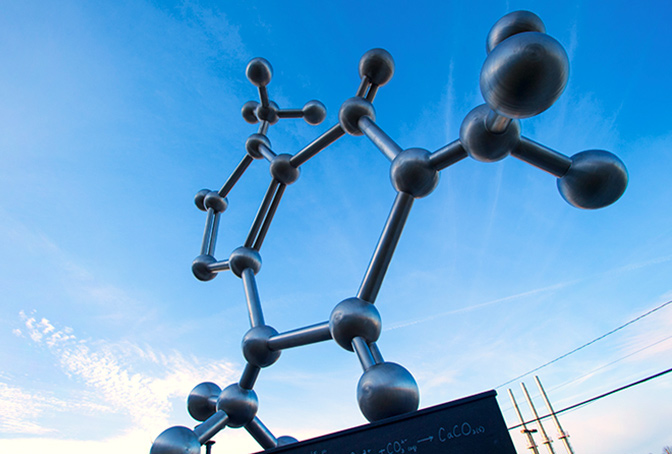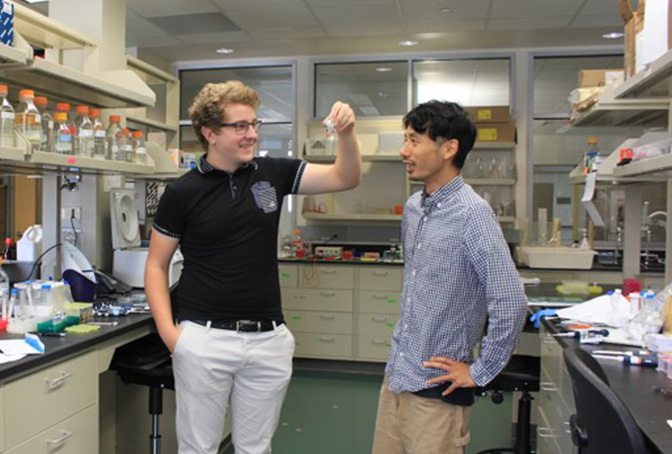Masters in Chemical Engineering
Master of Science (MS) in Chemical and Biochemical Engineering with an option in Pharmaceutical Engineering
Students follow the curriculum for Master of Science in Chemical and Biochemical Engineering and work closely with their advisors in incorporating the Pharmaceutical core courses into the curriculum. It is especially important that full-time Masters of Science students develop a study plan with the graduate advisor or designee, since some courses are only taught every other year.
Completion of a minimum of 30 course credits including:
15 credits of core courses:
- 155:501 Advanced Transport Phenomena I
- 155:502 Advanced Transport Phenomena II
- 155:507 Analytical Methods in Chemical & Biochemical Engineering.
- 155:511 Advanced Chemical Engineering Thermodynamics
- 155:514 Kinetics, Catalysis, and Reactor Design
With permission of the graduate director, the student takes the following 5 pharmaceutical courses to substitute for the 3 credits of life science, 6 credits of chemical engineering related electives and 6 credits of technical electives.
- 155:545 Synthesis, Separation and Sterile Processing in the Pharmaceutical Industry
- 155:546 Pharmaceutical Unit Operations
- 155:547 Statistical Analysis and Design of Pharmaceutical Operations
- 155:549 Medicine in the Body: Pharmaceutical Engineering of Patient-Medicine Interaction
- 155:541 Pharmaceutical Materials Engineering
Further details on the Masters of Science in Chemical and Biochemical Engineering can be found at the Rutgers Chemical and Biochemical Engineering website.



